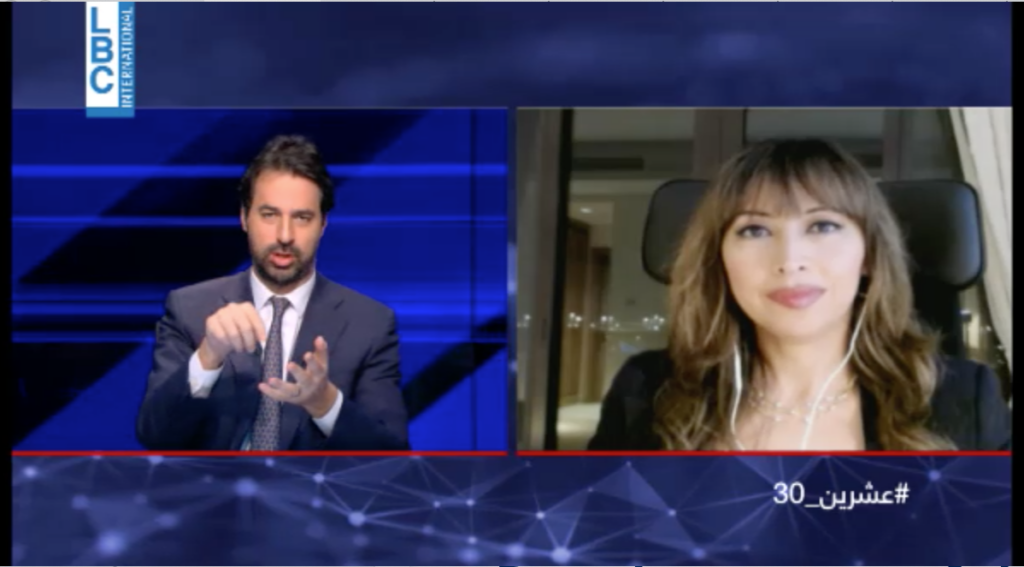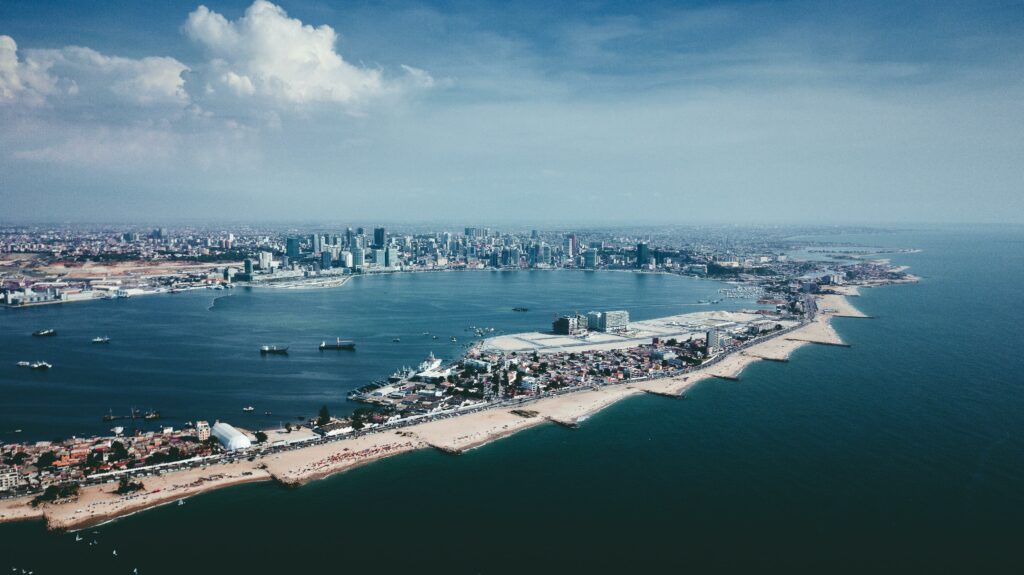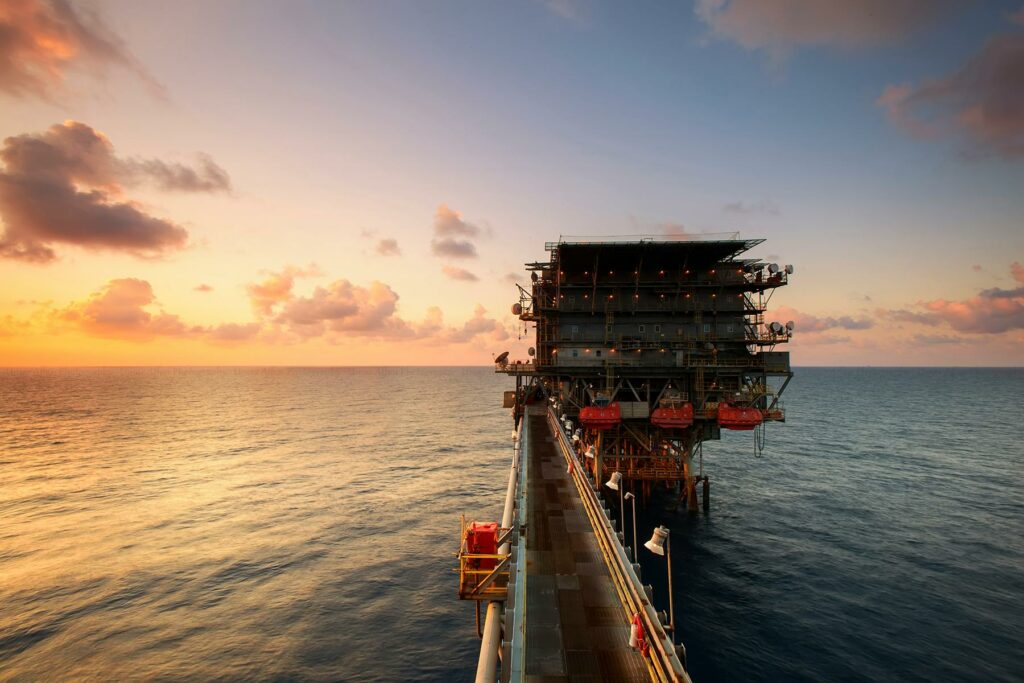In this interview given to Albert Kostanian from LBCI, Dr Carole Nakhle, CEO of Crystol Energy, discusses the outlook of the oil and gas sector in Lebanon.
Key takeaways:
- Lebanese officials have called Lebanon an ‘oil country’ even though no discovery has been made to date – a typical manifestation of building unrealistic expectations which can lead to many troubles down the road.
- Some officials are urgently pushing to set up a Sovereign Wealth Fund (SWF). That makes Lebanon one of the few countries to set up such a fund before any discovery is made. For example, Norway established its SWF almost two decades after first discovery and today it is the largest of such funds and exemplary in its governance. That was partly due to its independence which is highly questionable in a country like Lebanon where such entities risk being highly politicised.
- A petroleum fund is not a prerequisite for successful oil and gas revenue management but a sound fiscal policy is.
- Non-governmental organisations (NGOs) have been pushing for transparency which is good but insufficient. Without accountability, transparency alone is far from being sufficient for good governance.
- The list of poorly managed and corrupt national oil companies is much longer than the successful ones. It takes time to build a competent organisation, especially one which is state owned.
- Until a discovery is made, the geological risk will remain higher in Lebanon compared to neighbouring countries where discoveries have been made.
- The EastMed is a politically fragmented region – a major handicap to efficiently exploit its hydrocarbons potential.
- The maritime border deal between Lebanon and Israel is a positive development that decreases the geopolitical risk in the region. However, the deal does not rule out potential disputes should a discovery be made spanning both territories especially when Lebanon and Israel are still officially at war.
Dr Nakhle was joined by:
- Wissam Chbat, Head of the Geology and Geophysics Department at the Lebanese Petroleum Administration
- Walid Sinno, Managing Director at Delta Oil International Holding
- Diana Kaissy, Member of the Advisory board of the Lebanese Oil and Gas Initiative (LOGI)
Related Analysis
“Energy Crisis: A New Dawn for Lebanon?“, Dr Carole Nakhle, Jun 2022
“Major Setback for Lebanon’s Oil and Gas“, Dr Carole Nakhle, May 2020
“The Resource Curse Hits Lebanon Without the Resource“, Dr Carole Nakhle, Feb 2020
Related Comments
“Fuel crisis in Lebanon: Will Egypt be able to provide gas for Beirut?“, Dr Carole Nakhle, Jul 2021
“Should Lebanon still pursue its oil & gas exploration activities despite the climate change challenges“, Dr Carole Nakhle, May 2021
“The Oil & Gas sector of Lebanon: What we need to know with Dr Carole Nakhle“, Dr Carole Nakhle, Oct 2020









